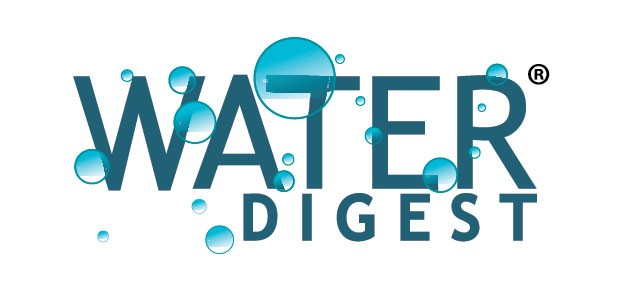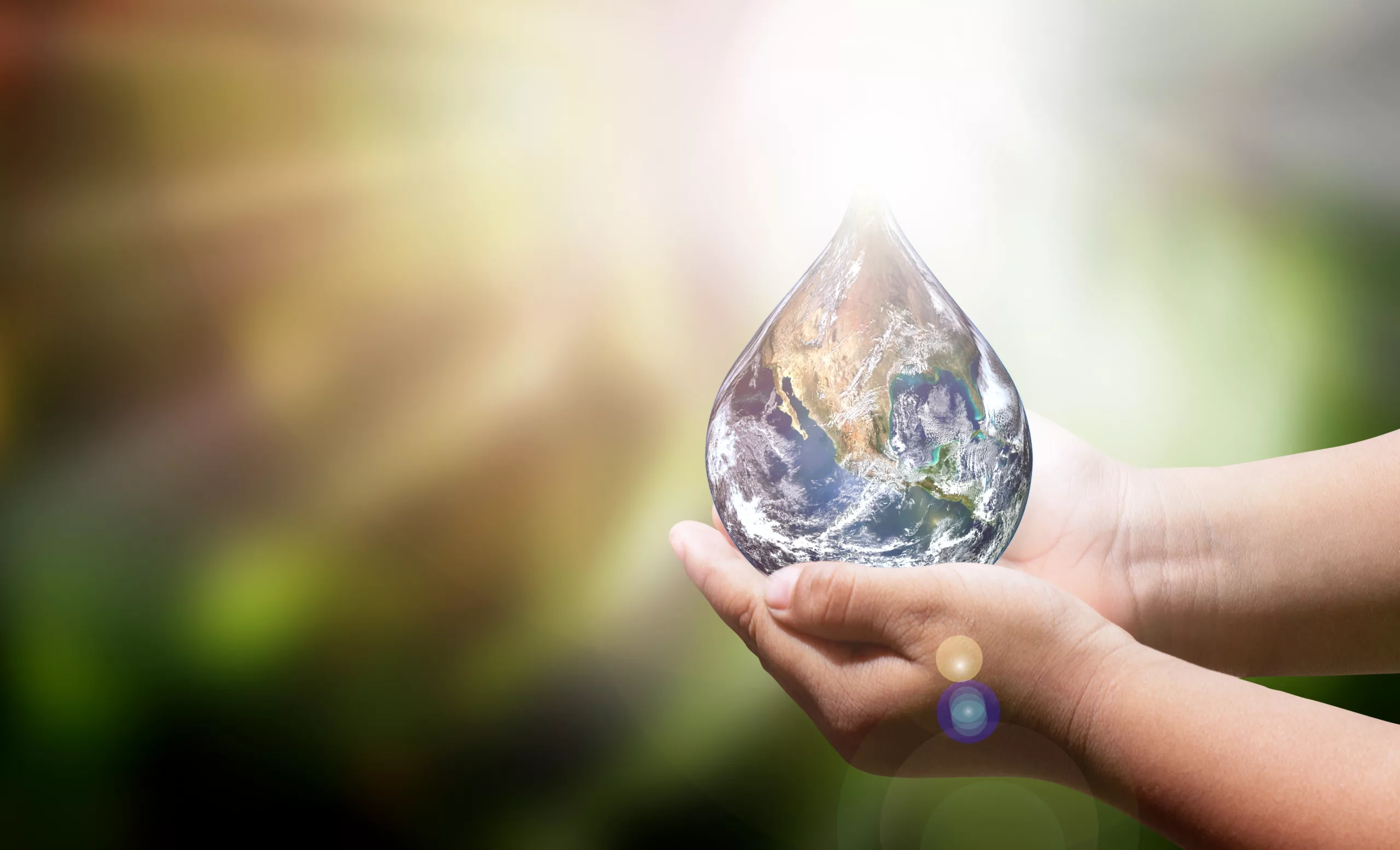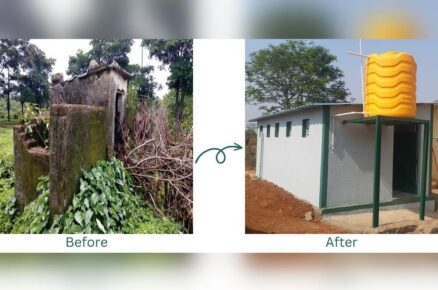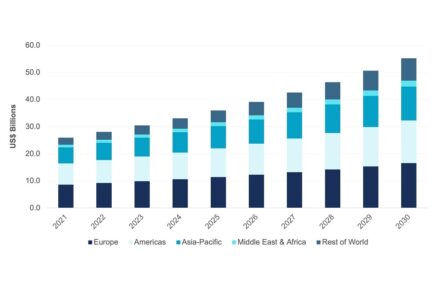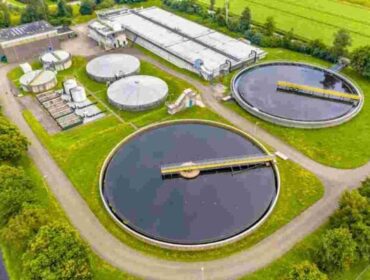In recent years, the issue of water scarcity has become increasingly pressing due to factors such as population growth, urbanisation, and climate change. Despite its abundance on earth, access to clean and reliable water sources remains a significant challenge for many communities worldwide. In regions where water resources are scarce, competition over limited supplies can lead to conflict and instability.
Water disputes and tensions are most common at local or regional levels, where competition for limited water resources is more immediate and directly impacts communities. Conflicts can arise between neighbouring villages, cities, or regions that share water sources such as rivers, lakes, or aquifers. These disputes may stem from issues like unequal access to water, over-extraction, or pollution affecting water quality. The California Water Wars of the early 19th centuryand more recently, the Kaveri River water dispute between Tamil Nadu and Karnataka are prominent examples of such regional conflicts.
Examples of international water conflicts include the Nile River Basin, which is a source of tension between upstream countries like Ethiopia and downstream countries like Egypt and Sudan, as each nation relies on the river for agriculture, drinking water, and hydroelectric power. Another instance is the conflict over the Tigris and Euphrates rivers between Turkey, Syria, and Iraq. Turkey’s construction of dams and water diversion projects has led to disputes with downstream countries over water allocation and flow regulation.
However, water also has the potential to be a powerful instrument for peacebuilding and diplomacy, bridging divides and promoting collaboration among nations.One of the most compelling arguments for the role of water in fostering peace lies in its inherent interconnectedness. Rivers, lakes, and aquifers do not recognise political boundaries; they flow across borders, connecting communities and nations. As such, transboundary water resources necessitate cooperation and dialogue among neighbouring countries to manage and sustainably utilise shared waterways. Through joint management agreements and collaborative initiatives, riparian states can work together to address common water challenges, mitigate conflicts, and promote regional stability.
Mechanisms such as treaties, joint commissions, and water-sharing agreements can help address these conflicts and promote peaceful, sustainable management of shared water resources. The Indus Waters Treaty between India and Pakistan, signed in 1960, is a notable example of successful water diplomacy. Despite recurring political tensions, the treaty has facilitated the equitable sharing of the Indus River’s waters, benefiting millions of people in both countries and preventing water-related conflicts. Similarly, the Mekong River Commission, established in 1995, brings together Cambodia, Laos, Thailand, and Vietnam to jointly manage the Mekong River basin’s water resources. Through dialogue, data sharing, and collaborative decision-making, member countries have been able to address common challenges such as hydropower development, water pollution, and ecosystem conservation, fostering regional cooperation and stability.
Furthermore, water infrastructure projects, such as dams and irrigation systems, have the potential to promote peace and development when implemented in a transparent and inclusive manner. By involving local communities in the planning and decision-making process, these projects can generate economic opportunities, improve livelihoods, and enhance water security, thereby reducing the risk of conflict over water resources.
In addition to its role in fostering interstate cooperation, water can also serve as a tool for peacebuilding at the grassroots level. Access to clean water and sanitation is essential for human dignity, health, and well-being. By providing communities with access to clean water and sanitation facilities, policymakers and humanitarian organisations can address root causes of conflict, promote social cohesion, and lay the foundation for sustainable peace.
The connection between water and peace is undeniable. As the world faces the challenges of water scarcity and changing climates, it is essential for individuals, communities, and nations to recognise the potential for water to both fuel conflict and promote cooperation. By prioritising sustainable water management, encouraging water diplomacy, and fostering international cooperation, we can leverage water as a source of peace and stability in an ever-evolving world.
Author:
Dr. (Mrs.) Sangeeta Madan Professor,
Department of Environmental Science, Kanya Gurukula Campus, Gurukula Kangri (Deemed to be University),Haridwar, Uttarakhand
